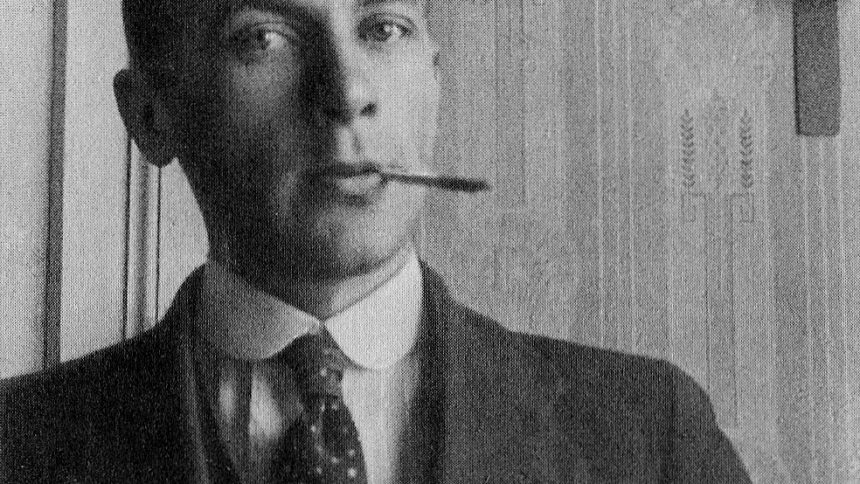Forty-eight days ago I qualified ‘with distinction’; but distinction is one thing and hernia is another. Once I watched a professor operating on a strangulated hernia. He did it, while I sat in the amphitheatre. Suppose they bring me a hernia?
Worse, they brought a dreadfully injured young girl, only daughter of a devastated widower.
This is it. Oh why did I ever come?
Her calico skirt was torn and stained with blood. The light of the kerosene lamp was a lively yellow in comparison with her paper-white face, and her nose was beginning to sharpen.
‘Die. Die quickly,’ I said to myself. ‘Otherwise what am I to do with you?’.
She lay like a corpse, but did not die. Suddenly my head became quite clear.
I suddenly became aware without any textbooks, without any advice or help, that now, for the first time in my life, I had to perform an amputation on a dying person.
Mikhail Bulgakov, from A Country Doctor’s Notebook.
Commentary
A newly qualified doctor is sent from urban Moscow to be the only doctor in remote Muryovo Hospital. A Country Doctor’s Notebook is a collection of stories drawn from the early experience of Mikhail Bulgakov (1891-1940) after his graduation from Kiev in 1916. The stories were published in journals 1925-7, and only rediscovered after his death.
Bulgakov subsequently gave up medicine for writing, becoming a successful novelist and playwright in difficult times in Stalin’s Russia.
A Country Doctor’s Notebook was translated into English by Michael Glenny in 1975. It reads as fresh as if in a magazine today. It is often cited as one of the core medical humanities texts.
Further info
- Read more: A Country Doctor’s Notebook should be available in a library near you. But also available at abebooks, alibris, amazon
- NYU Medical Humanities – commentary by Jack Coulehan
- A Young Doctor’s Notebook (Wikipedia) – could do with expanding
- Mikhail Bulgakov (Encyclopaedia of Soviet writers)
Contributed by
Neil Turner

